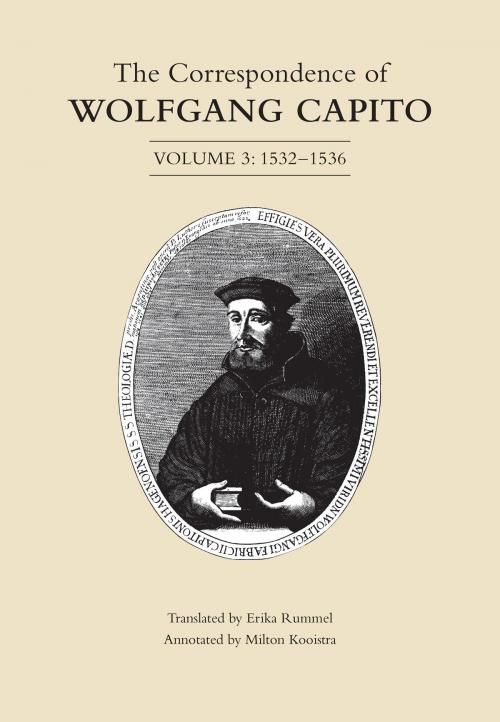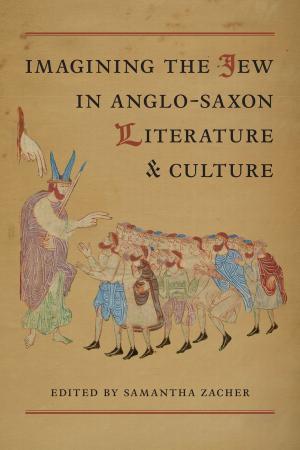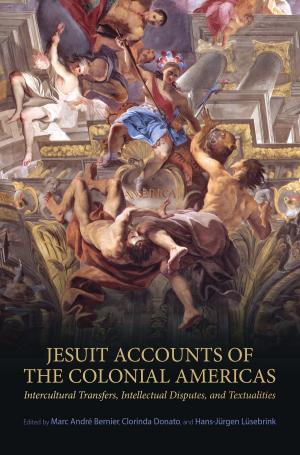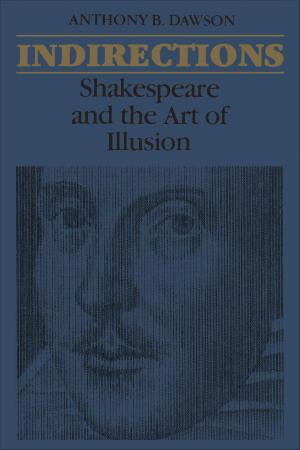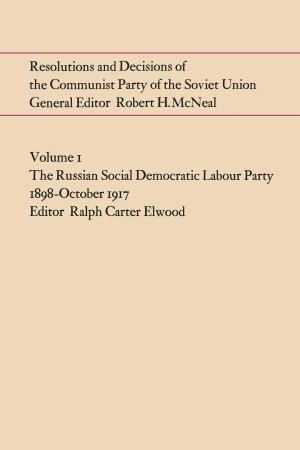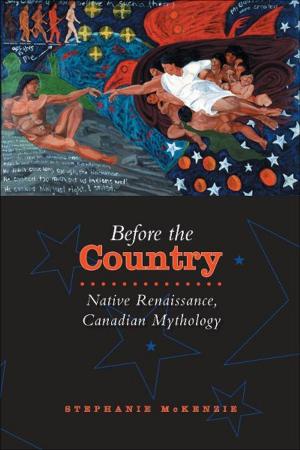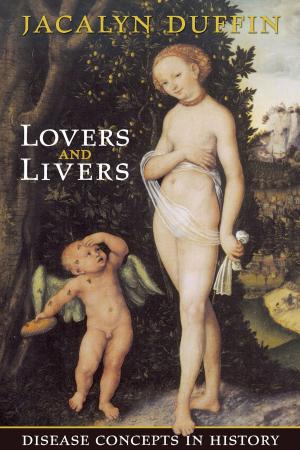The Correspondence of Wolfgang Capito
Volume 3 (1532-1536)
Nonfiction, History, Renaissance, Biography & Memoir, Religion & Spirituality| Author: | Wolfgang Capito, Milton Kooistra | ISBN: | 9781442624887 |
| Publisher: | University of Toronto Press, Scholarly Publishing Division | Publication: | November 26, 2015 |
| Imprint: | Language: | English |
| Author: | Wolfgang Capito, Milton Kooistra |
| ISBN: | 9781442624887 |
| Publisher: | University of Toronto Press, Scholarly Publishing Division |
| Publication: | November 26, 2015 |
| Imprint: | |
| Language: | English |
Wolfgang Capito (1478–1541), a leading Christian Hebraist and Catholic churchman who converted to Protestantism, was a pivotal figure in the history of the Reformation. After serving as a professor of theology in Basel and adviser to the archbishop of Mainz, he moved to Strasbourg, which became, largely due to his efforts, one of the most important centres of the Reformation movement after Wittenberg.
This penultimate volume in the series is a fully annotated translation of Capito’s existing correspondence covering the years 1532–36 and culminating in the Wittenberg Concord between the Lutheran and Reformed churches. The correspondence includes Capito’s efforts, alongside those of his colleague Martin Bucer, to negotiate that compromise. Other letters deal with local, political, financial, and doctrinal questions, as well as Capito’s personal life. The letters demonstrate the importance of Capito and his colleagues in providing advice in matters concerning the churches in southern Germany and Switzerland, but also regarding the evangelicals in neighbouring France.
Milton Kooistra’s annotation provides historical context by identifying classical, patristic, and biblical quotations as well as persons and places. Continuing in the tradition of rigorous scholarship established in Volume 1 and Volume 2, this volume provides crucial details on the evolution of Capito’s thought and its contribution to the Reformation movement.
Wolfgang Capito (1478–1541), a leading Christian Hebraist and Catholic churchman who converted to Protestantism, was a pivotal figure in the history of the Reformation. After serving as a professor of theology in Basel and adviser to the archbishop of Mainz, he moved to Strasbourg, which became, largely due to his efforts, one of the most important centres of the Reformation movement after Wittenberg.
This penultimate volume in the series is a fully annotated translation of Capito’s existing correspondence covering the years 1532–36 and culminating in the Wittenberg Concord between the Lutheran and Reformed churches. The correspondence includes Capito’s efforts, alongside those of his colleague Martin Bucer, to negotiate that compromise. Other letters deal with local, political, financial, and doctrinal questions, as well as Capito’s personal life. The letters demonstrate the importance of Capito and his colleagues in providing advice in matters concerning the churches in southern Germany and Switzerland, but also regarding the evangelicals in neighbouring France.
Milton Kooistra’s annotation provides historical context by identifying classical, patristic, and biblical quotations as well as persons and places. Continuing in the tradition of rigorous scholarship established in Volume 1 and Volume 2, this volume provides crucial details on the evolution of Capito’s thought and its contribution to the Reformation movement.
